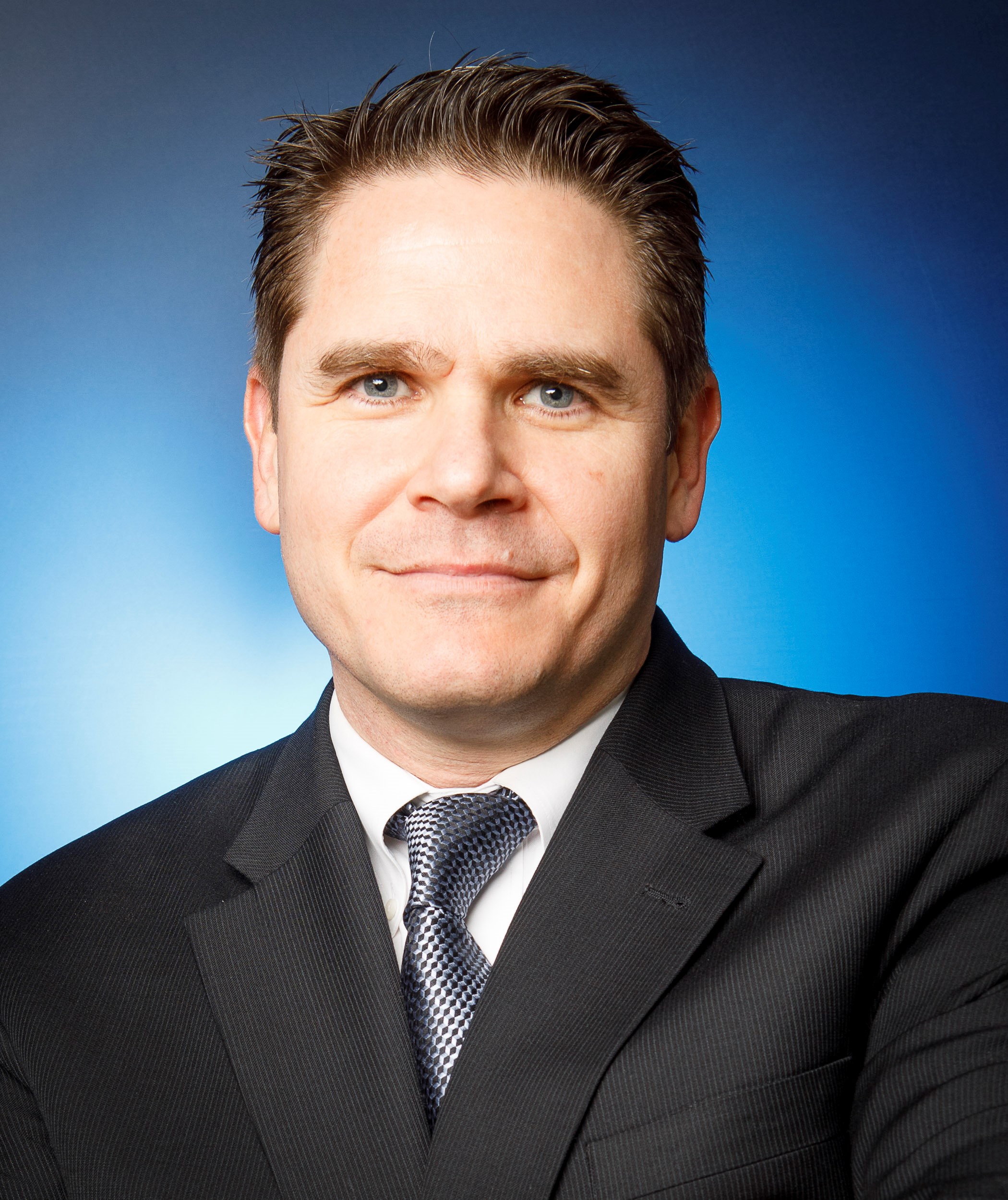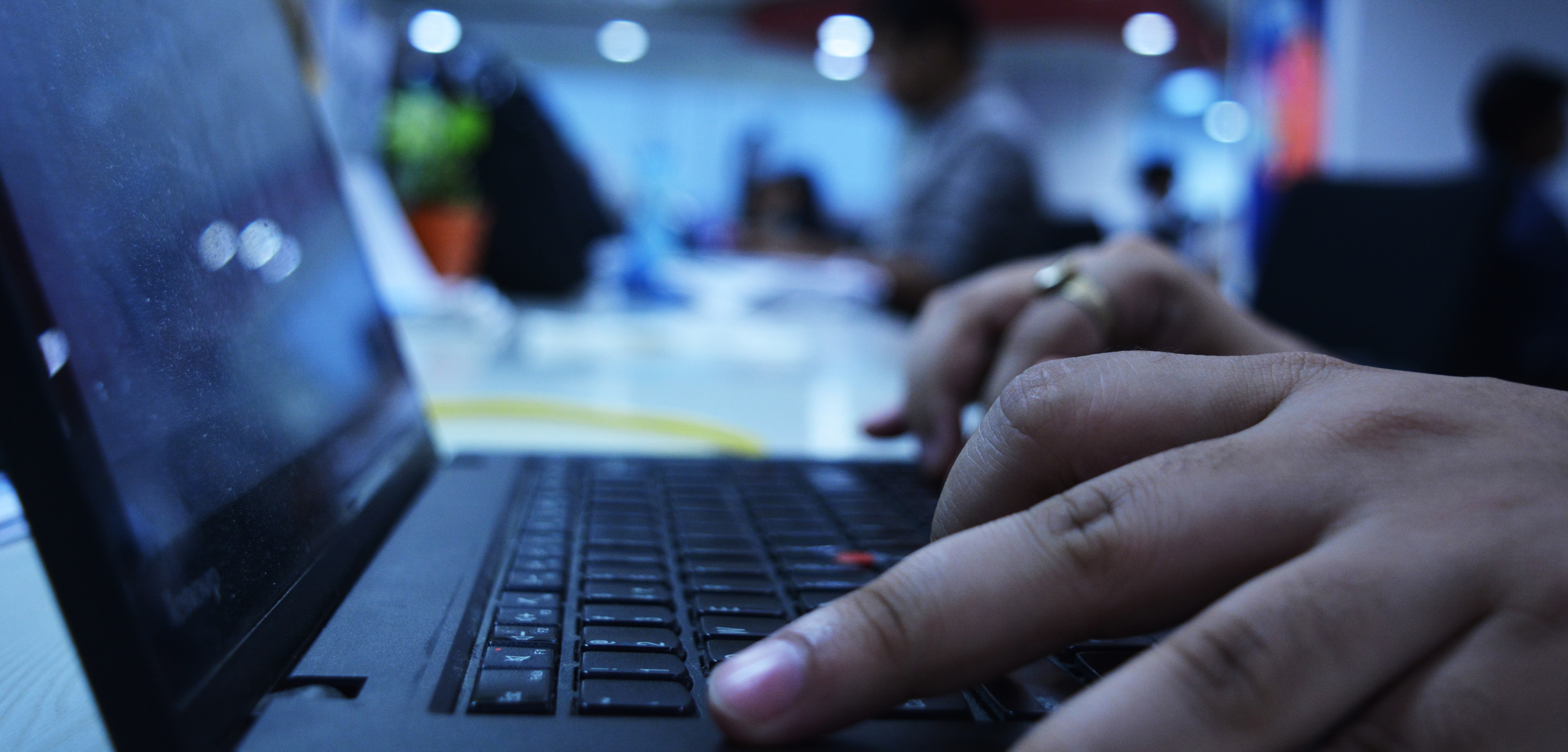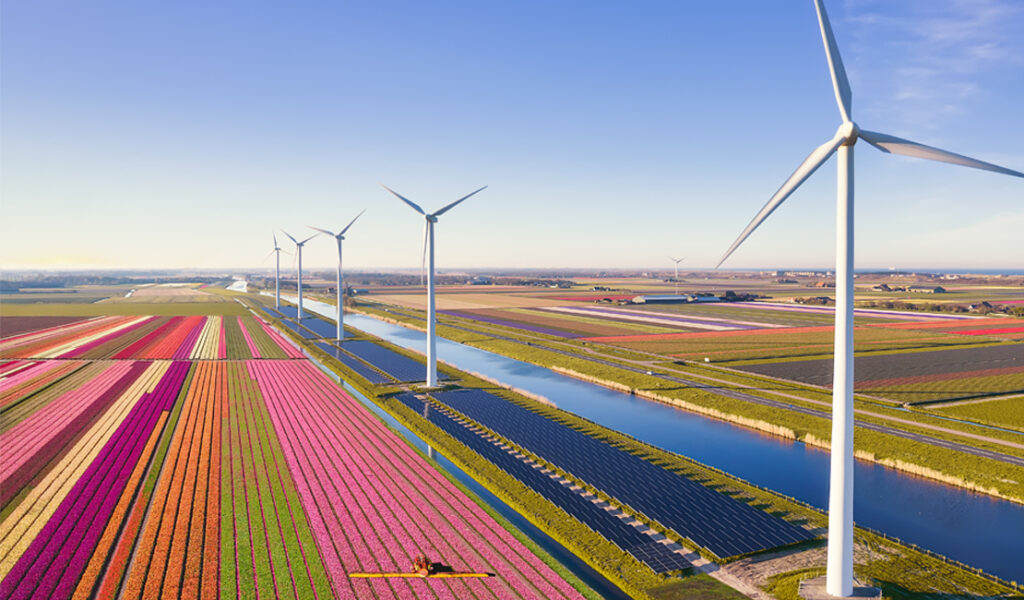Charles Drayton, chief technical architect and healthcare and life sciences lead at the Microsoft Technology Center (MTC) in Chicago, wants us all to start looking at the internet differently — not as a “luxury,” but as a “commoditized utility.” Do that, he says, and we can make real progress toward closing some of the income and performance gaps between our cities, suburban areas and rural areas.
“We’re starting to see research now that says the internet is a universal human right and, if it’s commoditized, can really go a long way toward leveling the playing field,” said Drayton in a recent interview with VISION by Protiviti.
The internet supports “connectiveness,” which, for Drayton, is one of the first words that comes to mind when thinking about the future of cities — right after “sustainability.” He said connectiveness and sustainability are the key pillars of infrastructure for tomorrow’s cities, as well as for many areas currently on the wrong side of the digital divide. Access to high-speed internet, in particular, is what will allow people, no matter where they live, to collaborate effectively as part of the hybrid and expanding knowledge workforce of the future, gain better access to healthcare and fresh food sources, and more.
As we become more entrenched in our virtual world, will we become more removed from each other, as people? Drayton doesn’t think so. Based on what he’s seeing now with how people are using technology to bridge geographic distances, build a sense of community and increase overall connectiveness, he thinks by 2030 we’ll be “closer together than ever,” even if we are more remote.
Watch our full interview with Charles Drayton on VISION by Protiviti to find out what he has to say about the coming “urbanization of the suburbs,” and why he expects we’ll see “satellite metropolis cities” rising up in barren rural areas. Subscribe to the VISION by Protiviti newsletter.




